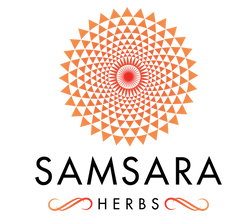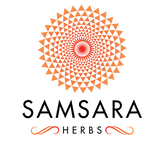Deep dive into herbs | Kava Kava

Kava kava, scientifically known as Piper methysticum is a tropical shrub native to the South Pacific islands. The shrub grows to about six feet and has large and has heart-shaped leaves.
Kava kava has a long history of use as a medicine and as a recreational or ceremonial drink in Oceania. This herb had been also researched in many research studies for both efficacy and safety.
Traditional Use of Kava Kava
The explorer Captain Cook chose to name this plant kava, which means “intoxicating pepper.” However, the benefits of these plants had been known over 200 years ago by the Pacific Islanders.

As a medicinal herb, kava kava is used to promote sleep and mental relaxation as well as a muscle relaxant, anti-inflammatory and pain relief. In folk medicine is also used as an antibacterial herb to help manage infections. Traditionally prepared kava beverage has a mildly intoxicating effect, being used in a similar way as alcohol during important events, rituals, and social gatherings. Originally used by the Pacific Islanders, kava drinks are now enjoyed in various parts of the world including Hawaii, California, Australia, New Zealand, and European countries. Depending on the region, kava beverages are called ‘awa’, ava, yati, jagona or yangona.
Research on Kava Kava
The key active, pharmacological ingredients responsible for kava’s health benefits are kavalactones, and there are 6 major kavalactones: methysticin, dihydromethysticin, kavain, dihydrokavain, yangonin and desmethoxyyangonin.
Anti-anxiety effects. Kava Kava is by far, one of the most researched anti -stress and anti-anxiety herbal supplements, as we currently have 10 well-designed, randomized controlled studies. Some of these research studies show that Kava kava has similar anti-anxiety effects with the common prescription anti-anxiety drugs called benzodiazepines. It is worth mentioning that Kava is not linked with cognitive dysfunction, which is a common side effect of benzodiazepines. Kava kava works by improving the levels of GABA (gamma-Aminobutyric acid), the brain neurotransmitter responsible for feeling calm and relaxed.
In a 2007 article published in the Journal of the American Academy of Family Physicians, Kava kava received “A”- the highest quality-of-evidence rating, saying that “Short-term use of kava is recommended for patients with mild to moderate anxiety disorders who are not using alcohol or taking other medicines metabolized by the liver, but who wish to use “natural” remedies.” [R]
Other health benefits of Kava kava. Based on research studies, kava has anti-seizure effects. It may also help treat sleeping problems (insomnia), due to its sedative effects. It may help protect the brain from neurodegeneration, relax the muscles, prevent blood clots, relieve pain, and inflammation. More research is needed to confirm these benefits and understand the exact mechanism of action [R].
Past Safety Concerns
There were safety concerns in the past when Kava was linked with potentially serious side effects including liver failure, hepatitis, and cirrhosis. However, a recent review that included 400 clinical trials did not find any reported liver problems The conclusion of this review study is that liver toxicity is a rare side effect.

Some research suggests that those cases of liver toxicity were associated with kava taken along with drugs. Even considering this documented risk of liver problems, kava still seems to be safer compared with prescription anxiety drugs, according to researchers. [R]
Interactions
Kava kava may interact with benzodiazepines, some anti-seizure medication, the anti-Parkinson’s drug levodopa, diuretics, and other drugs metabolized by the liver [R], [R]
To avoid side effects, it is worth checking your liver tests and talking to a physician who has knowledge of natural supplements, who can check for any drug herb or herb-herb interactions. Use kava as a medicine rather than recreationally (kava drinks), to avoid overusing it.
Choosing the Right Supplement
Not all supplements are created equally and the same is true for Kava supplements. If you are looking for a safe and effective product keep in mind a few things. Make sure:
- the product is made from fresh herbs
- the company has in house labs to test Kava extracts
- all six primary active ingredients- kavalactones (not just kavain) have been lab-tested
There had been serious concerns about the poor quality, “trash” kava supplements. Over 60 tons of non-noble non-root material sold as kava in 2016 by just one exporter. More details in this article.



